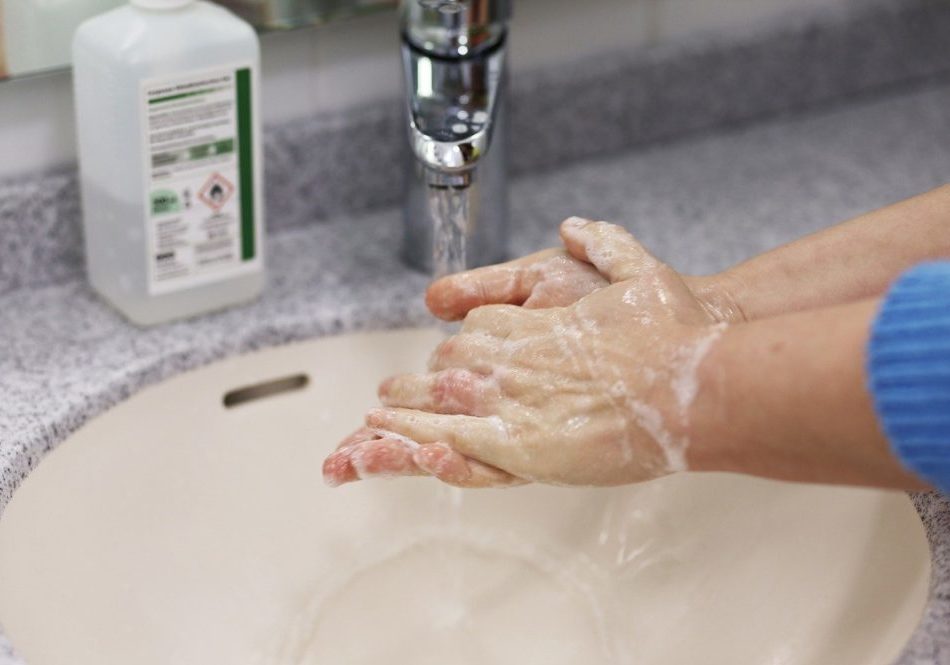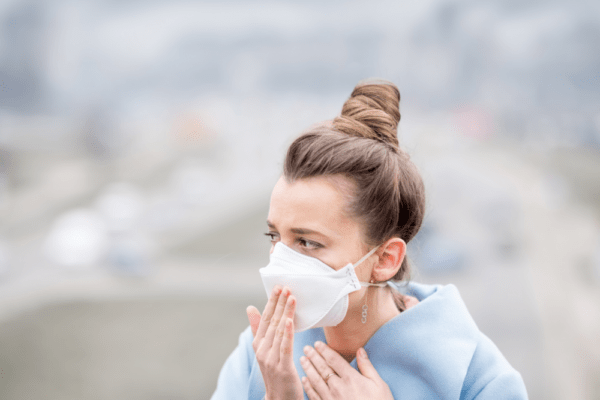As new cases being identified every coming day, a lot of information regarding the novel coronavirus is doing the rounds on the internet. When it comes to health and wellness, esp. during a viral outbreak, misinformation and false rumours can be dangerous.
It is important to distinguish facts from fiction as having the right information from credible sources can help minimize fears.
Listed below are some of the most common myths about COVID-19 and why they are misleading, false or not supported by science.
Myth: Using a face mask can protect you from the virus.
Wearing standard surgical masks has no guarantee that it’ll protect you from contracting coronavirus. Not only that these masks are loose and don’t fit securely on the mouth, these masks are not designed to block out viral particles, allowing the infected droplets to get into the nose, mouth or eyes. Moreover, if your hand is exposed to the virus and you touch your face under the mask, you might increase the likelihood of getting infected.
It is advised that people who are infected or people showing symptoms wear these masks to help prevent spreading the virus and lessen the chance of infecting others. Also, keep in mind that stocking up on masks would mean less available for sick people who actually need them.
Myth: Antibiotics are effective in preventing and treating the novel coronavirus.
No, antibiotics are not a treatment for coronavirus as antibiotics do not work against viruses, only bacteria.
According to WHO, there is no specific medicine recommended to treat or prevent coronavirus. Since it a virus, not bacteria, antibiotics should not be used as treatment or prevention for COVID-19.
Myth: The new coronavirus is man-made.
False. Amongst other misinformation on the situation, many people think that the coronavirus was deliberately created and released by people. There exists no evidence that suggest the virus is man-made. The virus has said to be of animal origin, mainly bats.
Such a disease outbreak happens when a virus commonly found in animals like a pig, bird or bat, undergoes mutations and makes the jump from animals to humans.
Myth: Warm weather will suppress the virus
Not necessarily. So far, coronavirus has been able to transmit across all climates, including hot and humid weather. Scientists are not sure whether warm weather helps suppressing the COVID-19 virus or will it go away til summertime.
Myth: You can’t order packages from China as it may not be safe
According to WHO, it is safe to order and receive packages from China. Coronavirus do not survive for long on surfaces and objects. Experts believe the new virus survives poorly on surfaces present in packaging of items.
So, it is not likely that you will run the risk of getting infected if you order products shipped from China.
For such a virus to remain viable, it needs specific environmental conditions like temperature and humidity levels- a combination you won’t find in packages that are shipped over a period of days or weeks at ambient temperatures. There are no cases yet reported that supports the theory of COVID-19 transmission through imported goods. The illness is rather thought to be transmitted through respiratory droplets.




